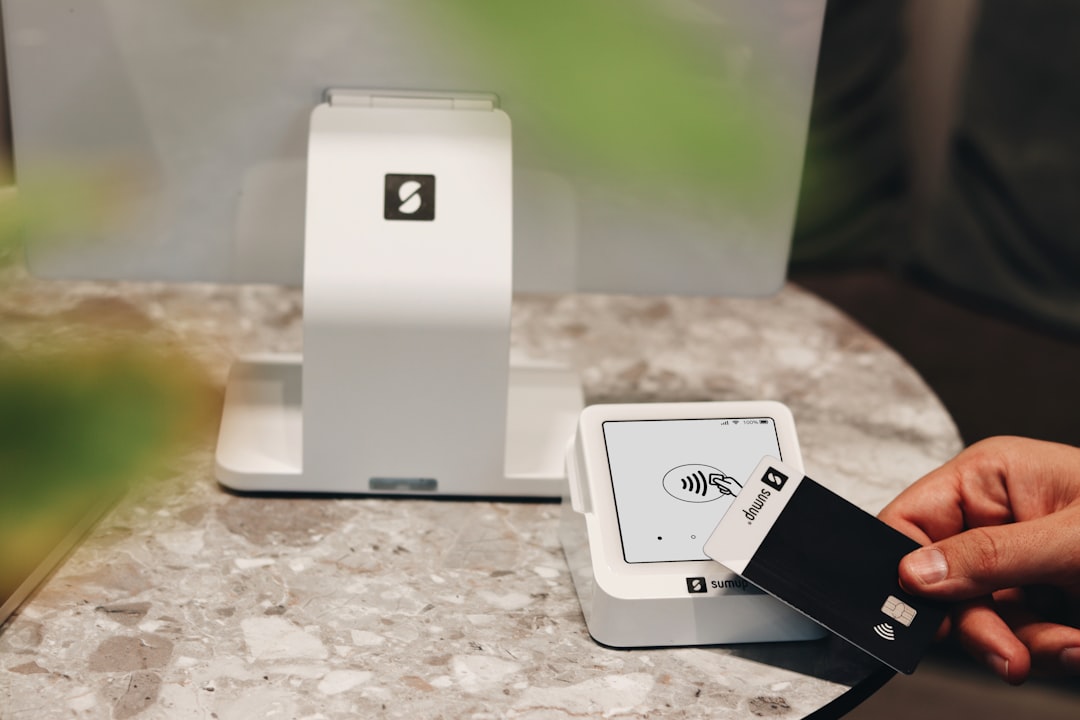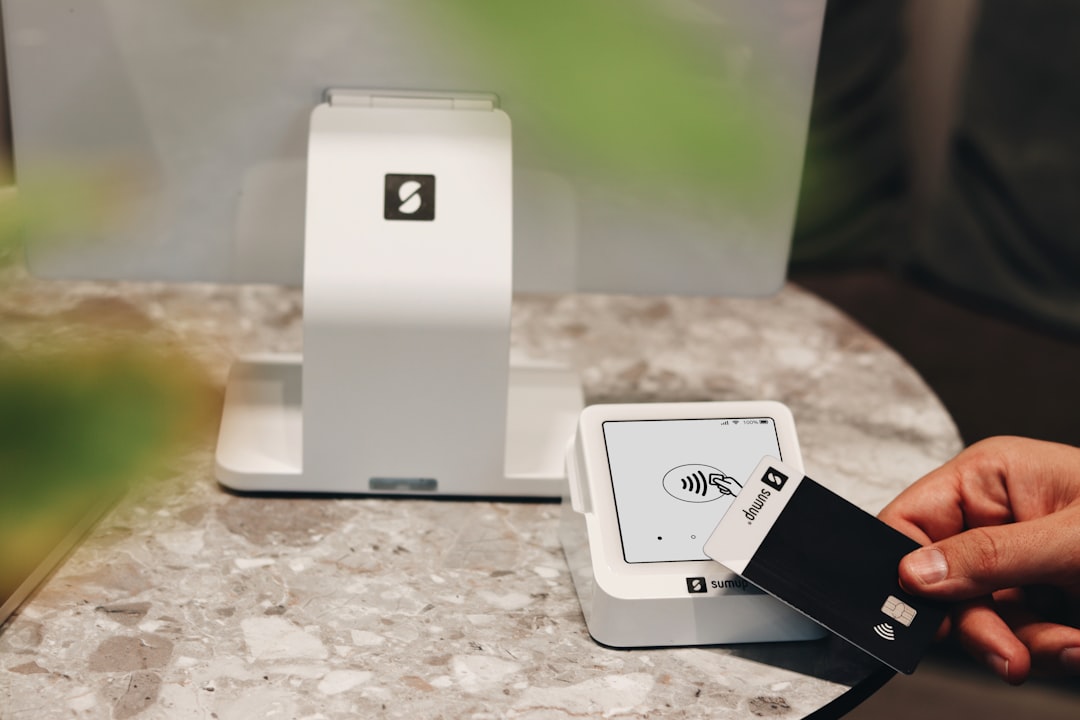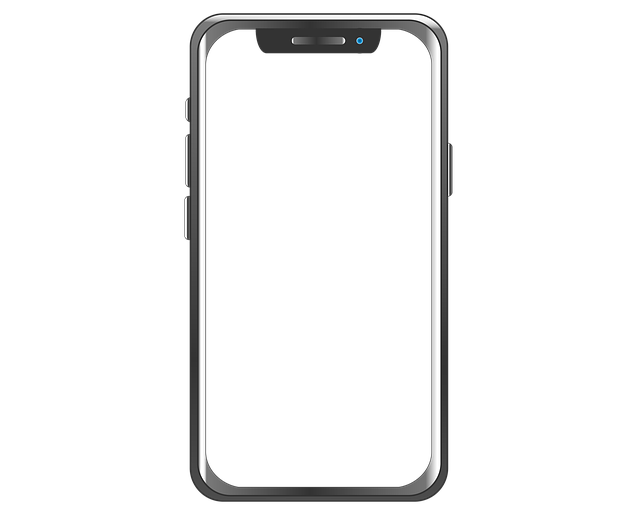Spam call law firms in South Carolina specialize in navigating complex TCPA regulations to protect residents from unwanted telephone solicitations and spam calls, particularly through telemarketing. These firms assist clients in evidence gathering, analysis of call records, and interpretation of case laws to prove violations. By staying updated on regulatory changes and industry standards, they offer strategic advocacy, helping clients recover damages and encouraging businesses to uphold respectful communication practices under the Telephone Consumer Protection Act (TCPA).
In South Carolina, as across the nation, the Telephone Consumer Protection Act (TCPA) safeguards consumers from unsolicited phone calls and text messages. Charleston’s law firms play a crucial role in navigating these complex regulations, particularly regarding spam calls. This article explores how these expert attorneys employ strategic tactics to prove TCPA violations, emphasizing their vital role in protecting consumer rights in South Carolina through meticulous legal expertise in handling TCPA cases and ensuring justice for affected individuals.
Understanding the TCPA and Its Relevance in South Carolina

The Telephone Consumer Protection Act (TCPA) is a federal law designed to protect consumers from unwanted telephone solicitations and spam calls. In the context of South Carolina, this legislation plays a crucial role in safeguarding residents from abusive phone marketing practices. The TCPA restricts companies and law firms from making automated or prerecorded calls to individuals without their prior express consent, specifically targeting telemarketing purposes. Given the prevalence of spam calls, especially from law firms seeking potential clients, understanding these regulations is essential for both businesses and consumers in South Carolina.
South Carolina residents often become targets of such unlawful practices, prompting many to seek legal redress. Local law firms specializing in TCPA violations have emerged as advocates, helping individuals navigate complex legal matters. These experts guide clients through the process of proving violations, which involves gathering evidence, analyzing call records, and interpreting relevant case laws. By understanding the TCPA’s requirements and its application in South Carolina, these law firms empower their clients to take legal action against violators, ensuring compliance and peace of mind for residents facing unsolicited calls.
Strategies Charleston Law Firms Employ to Prove Spam Call Violations

Charleston law firms specializing in TCPA (Telemarketing Consumer Protection Act) violations employ a multifaceted approach to prove spam call infringements. They meticulously scrutinize call records, analyzing patterns and frequency to identify unauthorized automated or prerecorded calls. By cross-referencing these records with client data, they can establish clear evidence of non-consented communication.
These law firms also leverage expert testimony and industry standards to bolster their cases. They collaborate with technologists and experts in call tracking software to interpret complex data and present compelling arguments. Additionally, they stay abreast of regulatory updates and case precedents specific to South Carolina, ensuring their strategies remain effective and aligned with the latest legal landscape surrounding spam call laws.
Protecting Consumer Rights: The Role of Legal Expertise in Handling TCPA Cases

In the realm of consumer protection, the Telephone Consumer Protection Act (TCPA) plays a pivotal role in safeguarding individuals from unwanted and harassing spam calls. When South Carolina residents fall victim to such infringements, they can find solace and justice through specialized spam call law firms in Charleston. These legal experts possess the knowledge and skills to navigate the intricate web of TCPA regulations, ensuring that consumer rights are upheld.
The expertise of these law firms lies in their ability to interpret complex legal provisions and apply them to specific cases involving spam calls. They employ strategic tactics to gather evidence, analyze call records, and build compelling arguments on behalf of clients. By doing so, they not only help individuals recover damages but also deter businesses from engaging in similar unlawful practices, fostering a safer and more respectful communication environment for all South Carolina residents.






